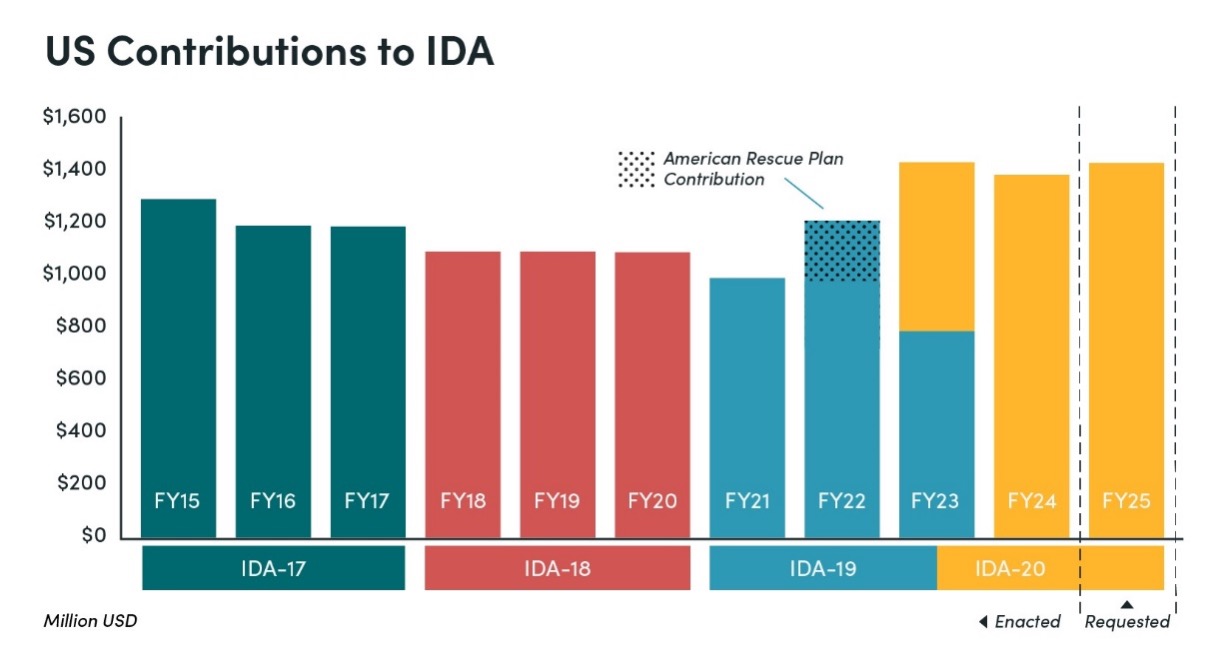Why have the IMF and the World Bank been so backward on risk management products -- an issue Guillermo Perry explores in a forthcoming CGD book? What is it about their governance, mandate, instruments and/or human nature that leads them like horses to water to lending, even defensive lending, during good times, in effect inviting them, for lack of prior development of insurance and savings products, to "indulge" in a new round of lending in bad times? (Is it a coincidence that the same problem seems to plague microfinance initiatives -- where, as David Roodman among others points out, credit eclipses savings and insurance programs by orders of magnitude?) Isn't this asking countries to acquire more debt to build a new house to replace one that has burned down -- when instead they should have had access to fire insurance? Isn't it the lack of fire insurance that induces the self-insurance of reserve accumulation that has added to the global imbalance that is behind the current meltdown?Eswar Prasad puts it this way, in a short note summarizing a terrific proposal for an insurance pool for the Group of 20 largest economies. The pool would be designed to reduce the incentive for countries to self-insure with reserves and, via higher premiums, to also discourage risky behavior in the other direction, such as countries running large deficits and accumulating excessive debt (e.g. United States in the last decade).
Everyone is now keenly aware of the imbalances that allowed the financial crisis to develop into a cataclysm. But governments are pursuing the same old policies that brought on the crisis in the first place, because no one has yet succeeded in giving countries incentives to take global financial stability into account when crafting their domestic policies. It's time for a new approach.
Prasad suggests the Financial Stability Forum administer the global insurance program. One wonders what it is about IMF mandates, instruments, culture, or governance that explains why he proposes the FSF and not the IMF, and why his good idea wasn’t developed in the first place at the IMF (where in fact he used to work). And more broadly, why do good new ideas get developed outside not inside our major global financial institutions?
CGD blog posts reflect the views of the authors, drawing on prior research and experience in their areas of expertise.
CGD is a nonpartisan, independent organization and does not take institutional positions.





